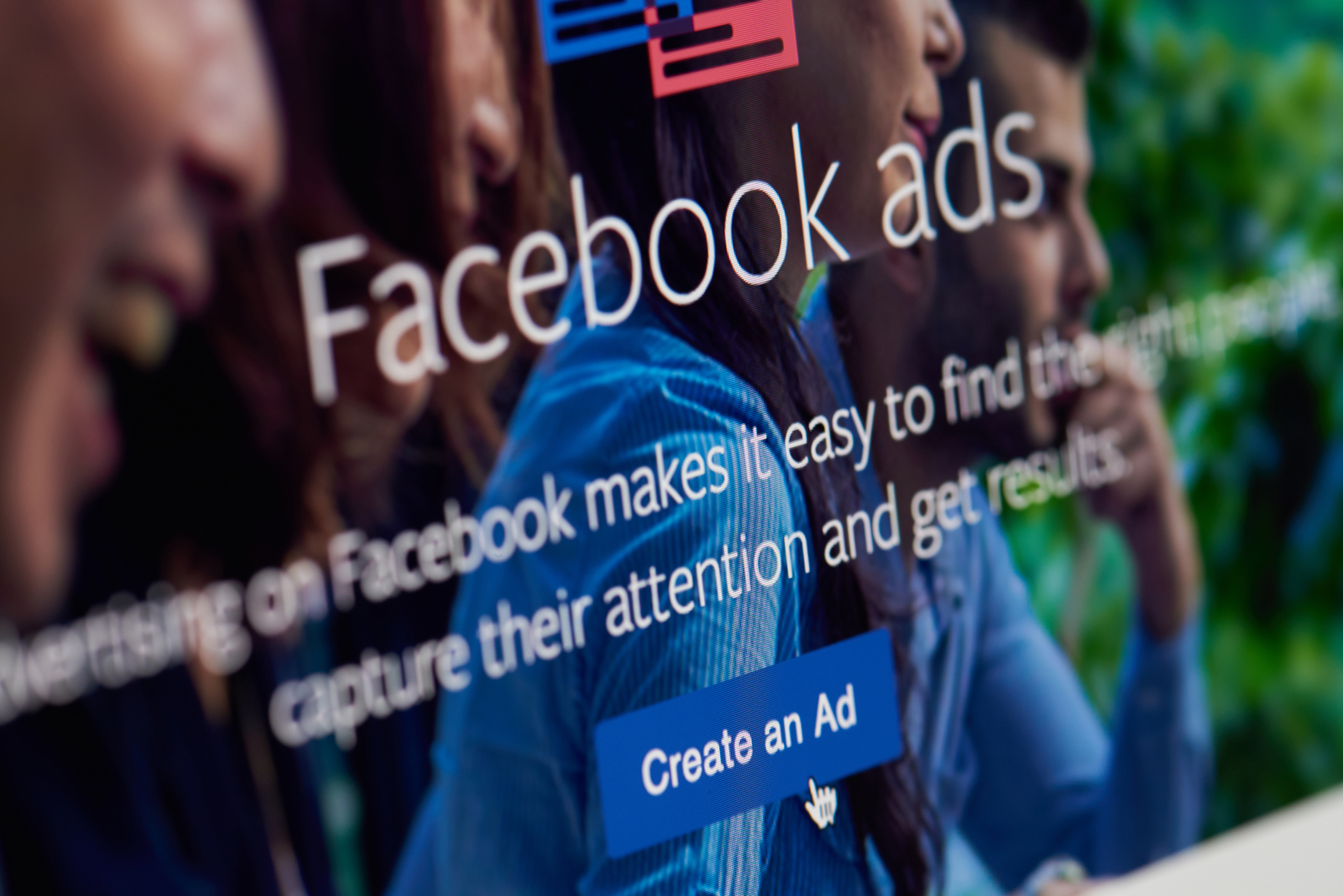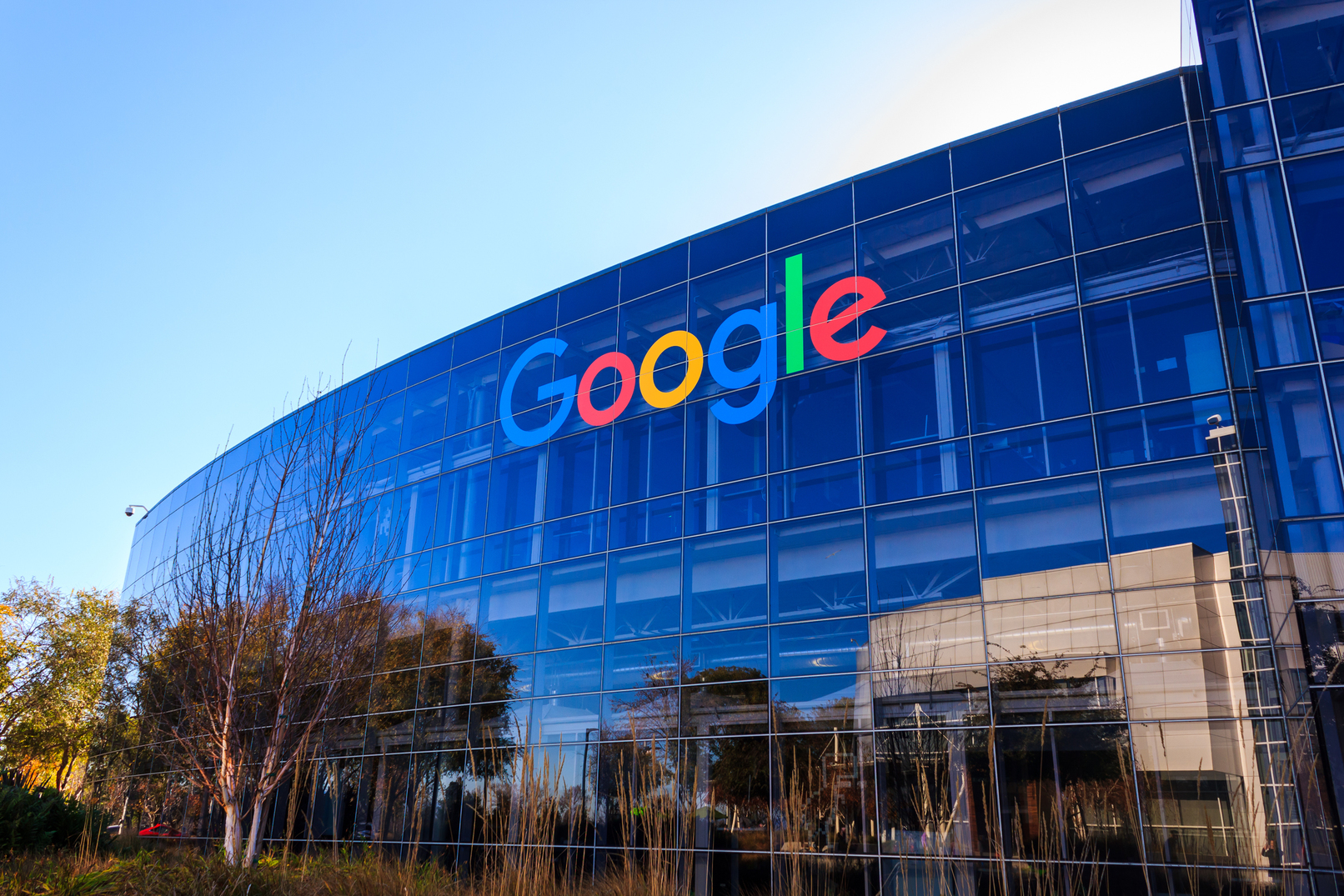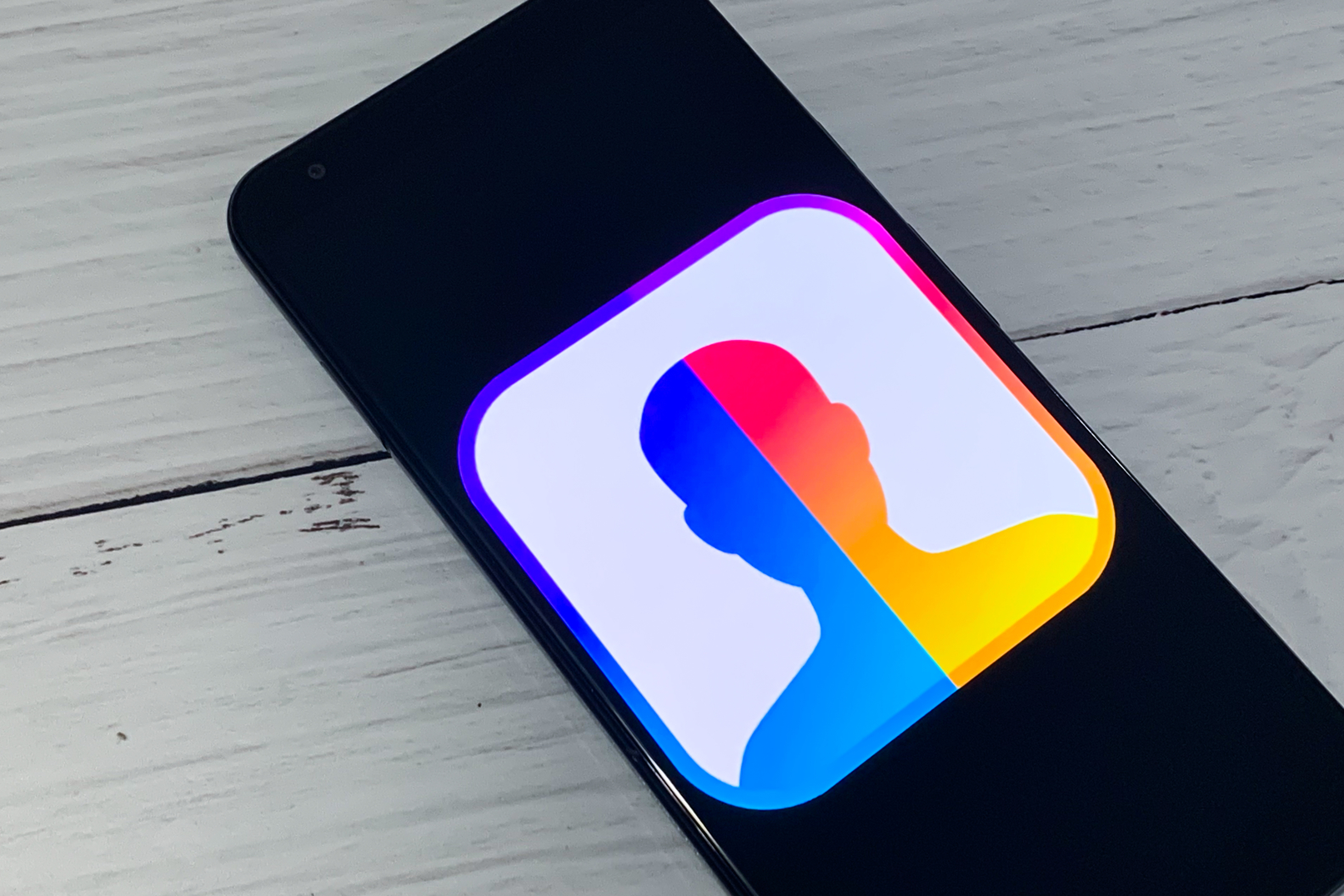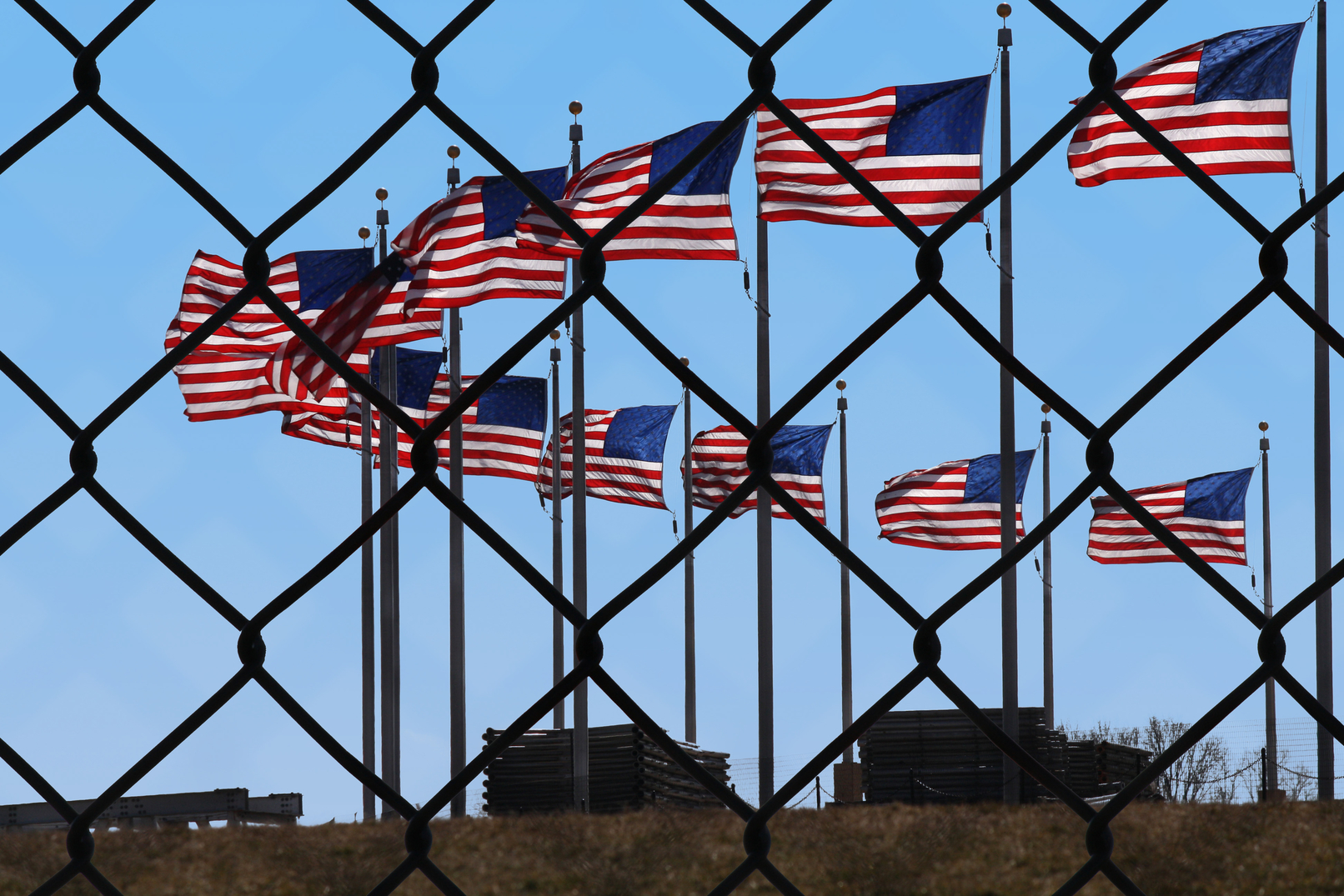The technology giant could face billions of dollars in damages after a panel of federal judges allowed a class action lawsuit by Illinois users to move forward.
On Monday, August 1, 2019, the United States Court of Appeals for the Eighth Circuit held that KWP, a seven year old boy attending the Kansas City Public Schools system, did not have his constitutional rights violated by Officer Brandon Craddock or the school's principal, Anne Wallace, when KWP was handcuffed for twenty minutes by the officer on school grounds. The Court further ruled that both the officer and principal met the requirements for qualified immunity on KWP's claims of unreasonable seizure and excessive force in violation of the Fourth and Fourteenth Amendments, brought under 42 U.S.C. § 1983.
In the aftermath of a March 2019 Capital One data breach that reportedly compromised the data of over 100 million Capital One customers and credit card applicants, plaintiffs are suing not only the credit card company but also the software development platform where the alleged perpetrator posted information about the breach. The hack is said to have exposed the social security numbers, bank account numbers, and credit card applications of millions of people in the US and Canada.
Last week, a federal judge in Santa Ana, California ruled that the Second Amendment does not prevent California from enacting reasonable gun safety laws. This case arose when the California Rifle and Pistol Association, part of the National Rifle Association, challenged a state law that prevents California residents from making, owning,…
On Wednesday, July 24, 2019, the U.S. District Court for the District of Columbia declined to impose a temporary restraining order which would pause the Trump administration's new rule limiting asylum requests from migrants at the U.S.-Mexico border. The new rule requires that migrants and refugees passing through a third country en route to the United States must seek asylum from said third country in order to apply for asylum in the United States. Under the new rule, migrant and refugee Hondurans and Salvadorans must be denied asylum in Guatemala or Mexico before seeking asylum in the United States, and Guatemalans must be denied asylum in Mexico in order to apply for asylum in the United States.
Last week a joint motion for approval was filed in the US District Court for the Northern District of California reflecting a settlement agreement between Google and 227 people alleging age discrimination in hiring by the tech giant. The $11 million settlement will be comprised of a minimum amount of over $11,000 for each plaintiff, as well as additional amounts for lost wages on a case-by case basis. As part of the settlement, Google denies having discriminated on the basis of age.
Senator Chuck Schumer sent a letter to the FBI and the FTC last Wednesday expressing his concerns regarding FaceApp, stating that it could “post national security and privacy risks for millions of U.S. citizens.”
A judge ruled that San Francisco must adhere to the terms of a 10-year exclusivity agreement signed with Lyft in 2015, which prevents it from inviting other bike rental vendors to compete with Lyft.
Multiple civil rights groups filed suit today against the Trump administration, challenging its new rule seeking to severely limit the asylum protections that are available under US and international law to migrants at the US-Mexico border. The American Civil Liberties Union, the Southern Poverty Law Center, and the Center for Constitutional Rights filed one of the main legal challenges in California's Northern District Court on behalf of immigrant advocacy groups, alleging that the new rule violates US immigration law as well as administrative law. The lawsuit seeks declaratory relief stating that the interim final rule is invalid and unlawful, as well as preliminary and permanent injunctive relief to block its implementation.
In a new rule that is planned to be effective Tuesday, the Trump administration is seeking to reverse decades of asylum policy by effectively denying protections to most migrants seeking asylum at the southern border of the US. The new policy, which the American Civil Liberties Union plans to promptly challenge in court, would require asylum seekers at the US-Mexico border to prove that they have sought and been denied asylum in a so-called "safe third country" before they can apply for protection in the US.










